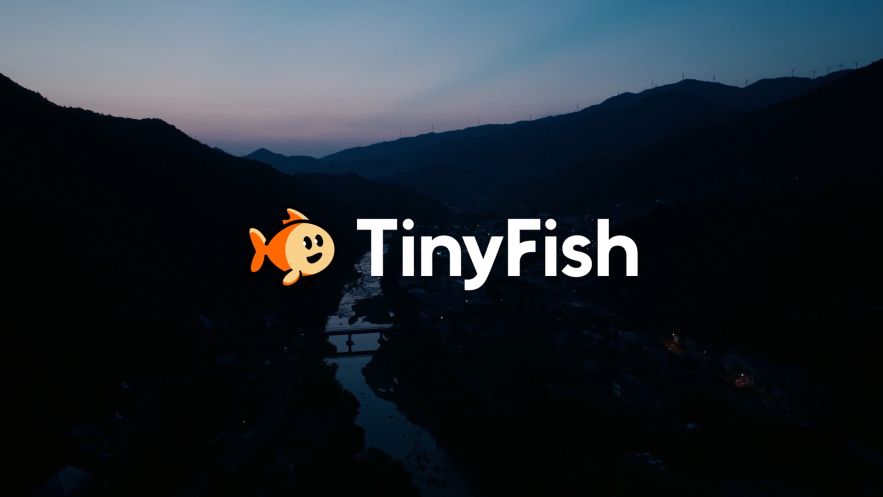TinyFish launches from stealth with $47M in funding to transform enterprise web Agents for Fortune 500 companies

AI startup TinyFish has emerged from stealth with $47 million in Series A funding led by ICONIQ Growth. Other investors in the round include USVP, Mango Capital, MongoDB Ventures, ASG, and Sandberg Bernthal Venture Partners.
Alongside the funding, TinyFish announced that ICONIQ Growth General Partner Amit Agarwal will join the company’s board — his first investment since joining the firm in January.
Founded by Sudheesh Nair (former president of Nutanix), Shuhao Zhang (former engineering leader at Meta), and Keith Zhai (former senior correspondent at The Wall Street Journal), TinyFish combines enterprise software expertise, large-scale engineering, and deep knowledge of global business. The team set out to tackle a growing problem: enterprises drowning in web data they can’t access or act on with traditional tools.
ICONIQ leads $47M Series A as TinyFish’s enterprise web agents go live at Google, DoorDash, and Fortune 500 brands
TinyFish builds what it calls “enterprise web agents,” software agents built to manage business-critical workflows at massive scale. These aren’t prototypes — they’re already live at Google, DoorDash, and other Fortune 500 companies across hospitality, transportation, and e-commerce. Together, they carry out millions of operations each month, from scraping and tracking to coordinating data across thousands of platforms.
The company says its agents can handle everything from pricing and inventory monitoring to real-time market intelligence. For Google’s hotel search, TinyFish aggregates inventory from thousands of Japanese hotels, making it accessible to users without requiring hotels to overhaul outdated IT systems. In transportation, a leading rideshare company relies on TinyFish to collect millions of pricing variables monthly, enabling near real-time fare adjustments. In e-commerce, global brands use the platform to track competitor pricing, monitor promotions, and follow inventory shifts across thousands of retail sites.
“Today’s web stretches across thousands of platforms and billions of pages, but companies can’t fully tap its potential because the work needed to create business value at scale is complex, manual, and limited by human capacity,” said Nair. “Helping those companies get more value from the web isn’t about automating low-value tasks. It’s about amplifying the high-value, outcome-driven processes that require human-like interaction at scale.”
What TinyFish emphasizes is scale and compliance. Unlike consumer browser agents that help individuals with one-off tasks, its enterprise web agents are engineered to run thousands or millions of times without failure. The company says its platform adapts to constant changes in the web while maintaining the security, governance, and uptime demanded by global organizations.
ICONIQ’s Agarwal put it this way: “TinyFish’s innovative enterprise web agents can replicate human behaviors on the web at scale, with the resilience and reliability that enterprises require. This is setting the foundation for a major shift in the way enterprises and applications interact with the web, gather intelligence, and automate workflows. Nobody else has solved this, and TinyFish is already delivering results in production with customers today.”
With the new funding, TinyFish plans to expand its infrastructure, which already supports hundreds of thousands of agents worldwide. Its pitch to enterprises is straightforward: the modern web is too fragmented and too large for humans to keep up, and existing automation tools can’t close the gap. TinyFish wants to be the layer that turns that sprawl into a competitive advantage.




